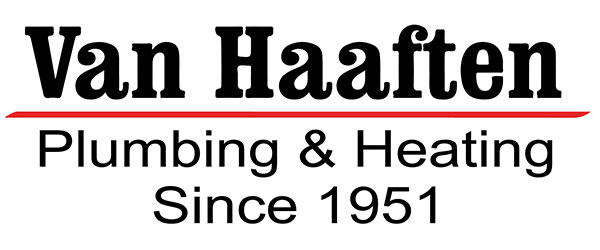
If you’re uncertain whether your Pella house has bad indoor air quality (IAQ), it possibly does.
We are indoors a lot. In reality, we’re indoors up to 90% of the time, according to the U.S. Environmental Protection Agency. And the air inside houses could be 2–5 times more contaminated than outdoors, which can create long-term health concerns.
Most Common Causes of Poor IAQ
We’ve made a list of the most ordinary origins of bad IAQ, the troubles they create and how you can take care of these indoor air pollutants. If you’re troubled by the air inside your residence, we advise chatting with a specialist like Van Haaften Plumbing & Heating about which solutions are a good fit for your house.
Volatile Organic Compounds
Volatile organic compounds, or VOCs, are fumes leaked by common household things.
They’re found in paint and stains in addition to:
- Furniture
- Carpet
- Building materials
- Cleaning products
- Cosmetics
- Air fresheners
- Candles
When these vapors accumulate in your home, they might irritate your eyes, nose and throat. They may also create headaches and nausea. Regardless of whether your residence is in a rural or industrial location, an EPA study found indoor levels of these fumes can be 2–5 times worse than the air outside your home.
Always adhere to the manufacturer’s instructions when painting or cleaning. Unlatching a window can help chemicals disperse faster.
Air purification systems can also better your air. This system partners with your heating and cooling unit to improve indoor air. When looking for a model, ensure it’s specifically created to eradicate VOCs.
Dust and Pet Dander
Dust and pet dander can irritate health problems like asthma and allergies, especially when it constantly gets recirculated by your house’s comfort system. While you can vacuum more frequently and install an improved air filter, an air filtration system might be a better solution.
This equipment hooks to your heating and cooling equipment to give strong filtration. Some kinds provide hospital-level filtration for getting rid of particles and bioaerosols.
Lingering Odors
Newer residences are securely sealed to boost energy efficiency. While this is great for your utility expenses, it’s not so good for your IAQ.
Stuffy odors can stick around for a greater amount of time because your house is pulling in a smaller amount of fresh air. Because keeping your windows open throughout the year isn’t an option, here are two methods you can make your indoor air smell better.
An air purification system is placed in your ductwork to eliminate odors before they are redistributed. Look for one with a carbon filter and the ability to break down dangerous VOCs. These systems can also help keep your loved ones healthy by getting rid of most bacteria and normal allergy triggers like pollen and mold spores.
A ventilation system pulls out musty indoor air and substitutes it with crisp outdoor air. There are two models of units (heat recovery and energy recovery), so ask our professionals for more details on which solution is right for your house.
Unsteady Humidity
It’s critical your home’s humidity stays even. Air that’s too moist can cause mold, while dry air can cause respiratory concerns.
Our techs suggest 40–50% for top comfort. To keep yours in balance, consider getting a whole-home humidifier or whole-home dehumidifier with your heating and cooling equipment.
In place of having to drag a humidifier from room to room, this equipment delivers balanced humidity around your house.
Carbon Monoxide
Carbon monoxide is colorless gas you can’t smell. It’s caused by insufficient combustion in fuel-burning appliances, like gas heating systems, water heaters or fireplaces.
It presents a serious health risk. In small levels, it can lead to flu-like ailments like headaches and nausea. It can be fatal in large concentrations.
We suggest yearly furnace maintenance to make sure your unit is running properly. This work allows our technicians to find problems before they begin, including malfunctions that can create carbon monoxide leaks.
The best approach to keep your residence free of carbon monoxide is to install detectors. These alarms need to be on all floors near bedrooms and living spaces.
Enhance Your Home’s Air Quality with the Van Haaften Plumbing & Heating Specialists
Aware that your home has poor air quality but not sure how to improve it? Or unsure which solution is right for you? Give our approachable HVAC pros a call at 641-628-3621 or contact us online right away. With free estimates and professional assistance, we’ll help you find the ideal solution for your needs and budget.



